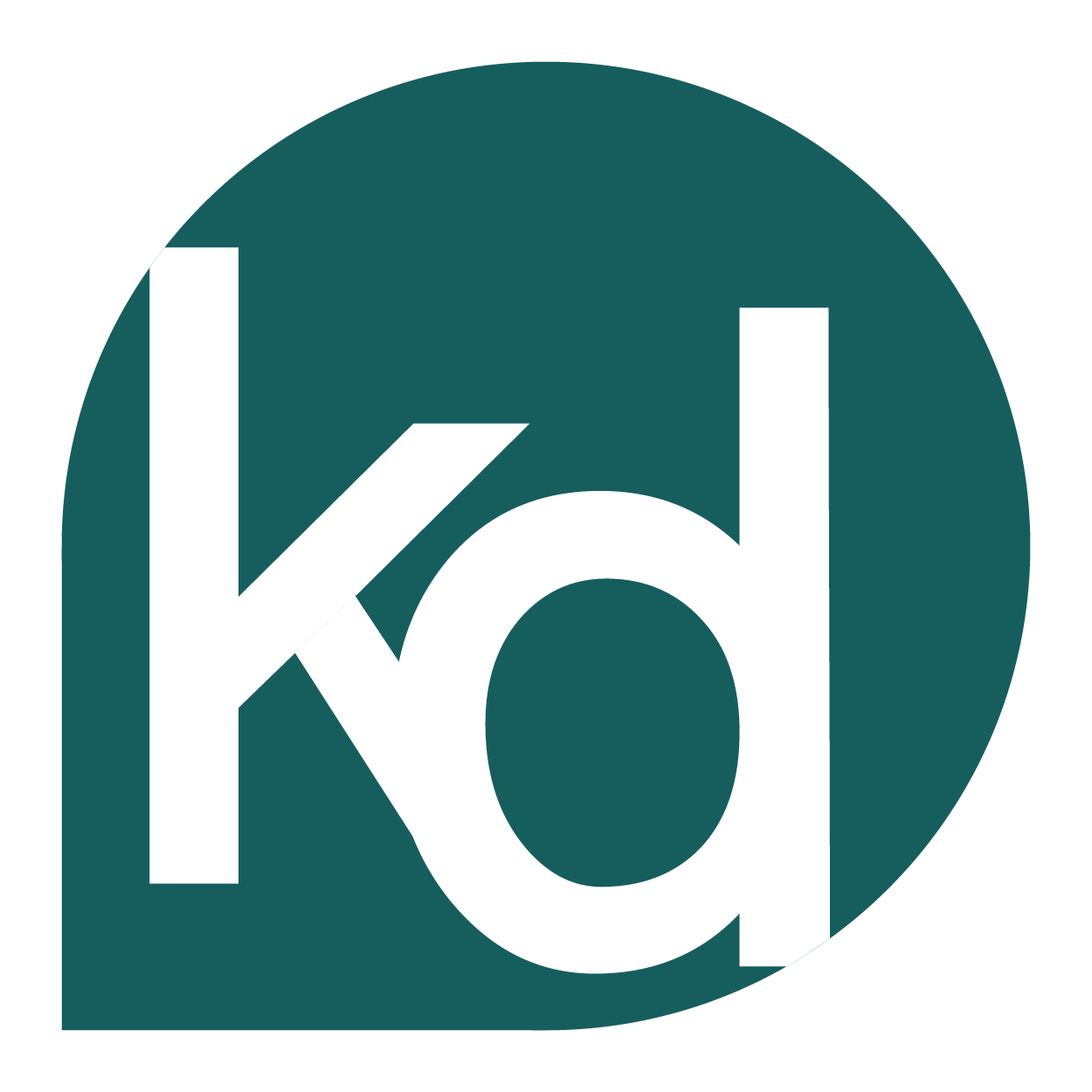7 Reasons Why Every Business Needs a CRM and Marketing Automation Platform
In today’s competitive landscape, building meaningful relationships with customers is crucial for growth and success. But managing these relationships manually can be time-consuming and error-prone. This is where a Customer Relationship Management (CRM) system and a Marketing Automation Platform (MAP) come into play. Combining these two powerful tools can transform the way you manage your business operations, streamline processes, and drive revenue.
1. Centralized Customer Data Management
A CRM system serves as the central repository for all customer data, enabling businesses to manage customer information, communication history, purchase history, and preferences in one place. This centralized approach helps:
Reduce Data Silos: No more scattered data across different departments or tools. With a CRM, everyone in your organization can access and update customer information in real-time, ensuring consistency and accuracy.
Improve Data Accuracy: Eliminate manual data entry errors, redundancies, and discrepancies. A single source of truth allows for better decision-making and analysis.
Enhanced Customer Understanding: Gain a 360-degree view of your customers, allowing you to understand their needs, behaviors, and preferences.
2. Personalized Marketing at Scale
Marketing automation platforms (MAPs) empower businesses to deliver personalized marketing campaigns at scale. Here’s how:
Segmentation and Targeting: Easily segment your audience based on demographics, behaviors, or past interactions to deliver highly targeted content that resonates with each group.
Dynamic Content: Create and deploy dynamic, personalized content in emails, ads, and on your website, ensuring that each customer receives the most relevant message.
Behavioral Triggers: Set up automated workflows that trigger actions based on user behavior, such as sending a follow-up email after a website visit or a special offer after a purchase.
This level of personalization improves customer engagement, builds loyalty, and ultimately drives conversions.
3. Streamlined Sales and Marketing Alignment
A CRM and MAP together bridge the gap between sales and marketing, ensuring both teams work towards common goals.
Lead Scoring and Management: Automatically score leads based on predefined criteria, such as engagement level or demographic fit, and assign them to the appropriate sales representative.
Nurture Campaigns: Create automated nurture campaigns that educate and engage leads at different stages of the sales funnel until they’re ready to make a purchase.
Closed-Loop Reporting: Track the performance of marketing campaigns and their impact on sales. This feedback loop allows both teams to refine their strategies, focus on high-performing channels, and improve conversion rates.
By aligning sales and marketing, you create a seamless customer journey, reduce friction, and boost your bottom line.
4. Enhanced Customer Retention and Loyalty
Retaining existing customers is often more cost-effective than acquiring new ones. A CRM system helps businesses maintain strong customer relationships by:
Tracking Customer Interactions: Every interaction—whether it’s a phone call, email, social media message, or in-person meeting—is recorded, allowing businesses to understand customer needs and respond appropriately.
Automated Follow-Ups: Automate follow-up emails or reminders for contract renewals, subscription expirations, or special anniversaries, ensuring no opportunity is missed.
Feedback Management: Collect and manage customer feedback to continuously improve your products, services, and customer experience.
When customers feel valued and understood, they’re more likely to remain loyal and advocate for your brand.
5. Data-Driven Decision Making
In a data-driven world, having access to accurate and actionable insights is crucial. A CRM and Marketing Automation Platform provide:
Comprehensive Analytics: Get detailed insights into customer behavior, campaign performance, sales metrics, and more. Use these insights to make informed decisions that drive growth.
Predictive Analytics: Leverage AI and machine learning capabilities to predict future customer behavior, identify trends, and anticipate market changes.
Custom Reporting: Generate custom reports to track key performance indicators (KPIs) and measure the effectiveness of your strategies.
Data-driven decision-making ensures that your business is always moving in the right direction, optimizing resources, and maximizing ROI.
6. Increased Efficiency and Productivity
Automating repetitive tasks saves time and reduces the likelihood of human error. With a CRM and Marketing Automation Platform:
Automated Workflows: Automate routine tasks such as data entry, follow-ups, and email marketing, freeing up your team to focus on more strategic activities.
Task Prioritization: Assign tasks based on priority and deadlines, ensuring that nothing falls through the cracks.
Collaboration Tools: Enable seamless communication and collaboration across teams with shared calendars, notes, and task management features.
This increase in efficiency allows your team to accomplish more in less time, ultimately driving better results.
7. Scalability and Growth
As your business grows, so do the complexities of managing customer relationships and marketing efforts. A CRM and Marketing Automation Platform provide the scalability needed to handle increased workloads, more customers, and more complex processes.
Flexible and Customizable: Tailor the platform to suit your specific business needs, industry requirements, and growth goals.
Cloud-Based Solutions: Many CRM and MAP tools are cloud-based, allowing you to scale up or down as needed without significant infrastructure investments.
Third-Party Integrations: Integrate seamlessly with other tools and platforms (e.g., social media, e-commerce, analytics) to build a powerful tech stack that supports your growth.
With these tools, you can confidently expand your operations without sacrificing efficiency or customer experience.
__
Investing in a CRM and Marketing Automation Platform is no longer optional—it’s essential for any business looking to thrive in a highly competitive market. These tools enable you to centralize customer data, personalize marketing efforts, align sales and marketing, retain customers, make data-driven decisions, increase efficiency, and scale seamlessly. Our favorite CRM and marketing automation platform is HubSpot.
By leveraging the full potential of CRM and Marketing Automation, you can build stronger relationships, deliver exceptional experiences, and drive sustainable growth for your business. So, if you haven’t already, now is the time to explore these powerful tools and discover the difference they can make for your organization.

